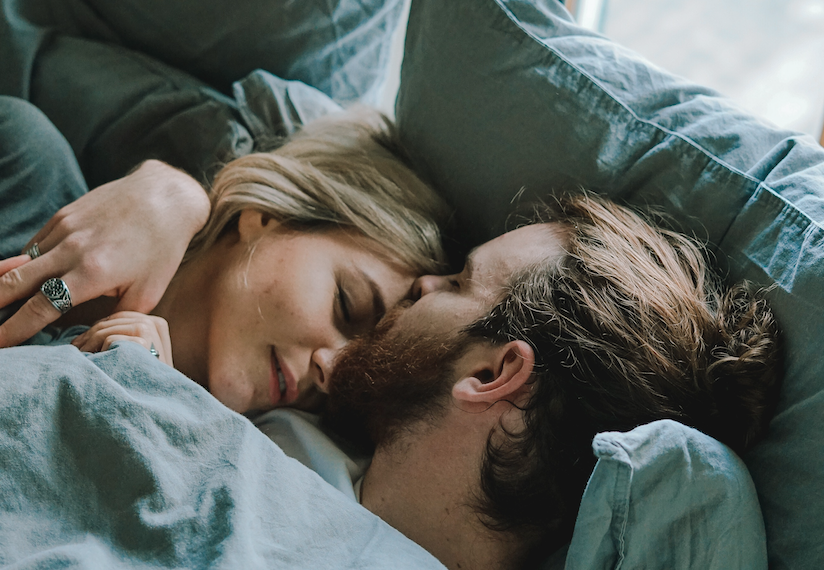If you have ever had sleepless nights, then you probably already know about sleep aids. If you are blessed with being able to get a full eight hours every night, we’ll fill you in. Sleep aids are over-the-counter solutions to catching some zzz’s.
According to the Mayo Clinic, some of the most common sleep aids are Diphenhydramine (Benadryl, Aleve PM), Doxylamine succinate (Unisom SleepTabs), Melatonin (a hormone supplement) and Valerian (an herbal supplement). Any of these can be helpful when trying to fall asleep at night.
However, most over-the-counter sleep aids contain antihistamines, which are used to give allergy relief and have sedative effects. The longer you take antihistamines, the more your body grows a tolerance and your sleep aids will become less effective.
Other side effects of sleep aids listed by the Mayo Clinic include feeling groggy and sick the following day, and the potential of a bad reaction due to interactions with other medications you might be taking.
Of the aforementioned sleep aids, melatonin will probably be your best bet if you do not want any harsh side effects, as it is a naturally occurring sleep hormone in our bodies. As we age, our melatonin production slows and taking a supplement replenishes what was once there. You are also unlikely to become dependent on melatonin or have a diminished response after repeated use, according to the Mayo Clinic.
On the other hand, valerian is the least reliable method. Though it is thought to be fairly safe, not all studies on valerian have proven its effectiveness and can come with side effects like headaches, dizziness, stomach problems and sleeplessness. Because valerian is an herbal supplement, it also has not been recommended by the Food and Drug Administration the same way traditional medications have.
If you are unsure whether or not you need to take a sleep aid, trying a few lifestyle changes might be an equally effective first step toward a better night’s sleep. Limiting screen time before bed, exercising regularly, avoiding caffeine and naps during the day, and sticking to a sleep schedule are all ways to improve sleep. If you do decide that adding a supplement is what you need, then ask your doctor first and take it one day at a time to be sure there are no unwanted side effects.
Related articles:
Tips & Tricks For A Better Night’s Sleep
5 Health Experts You Won’t Want To Miss This Year!
Losing Your Zzzz’s? What To Do About Insomnia

